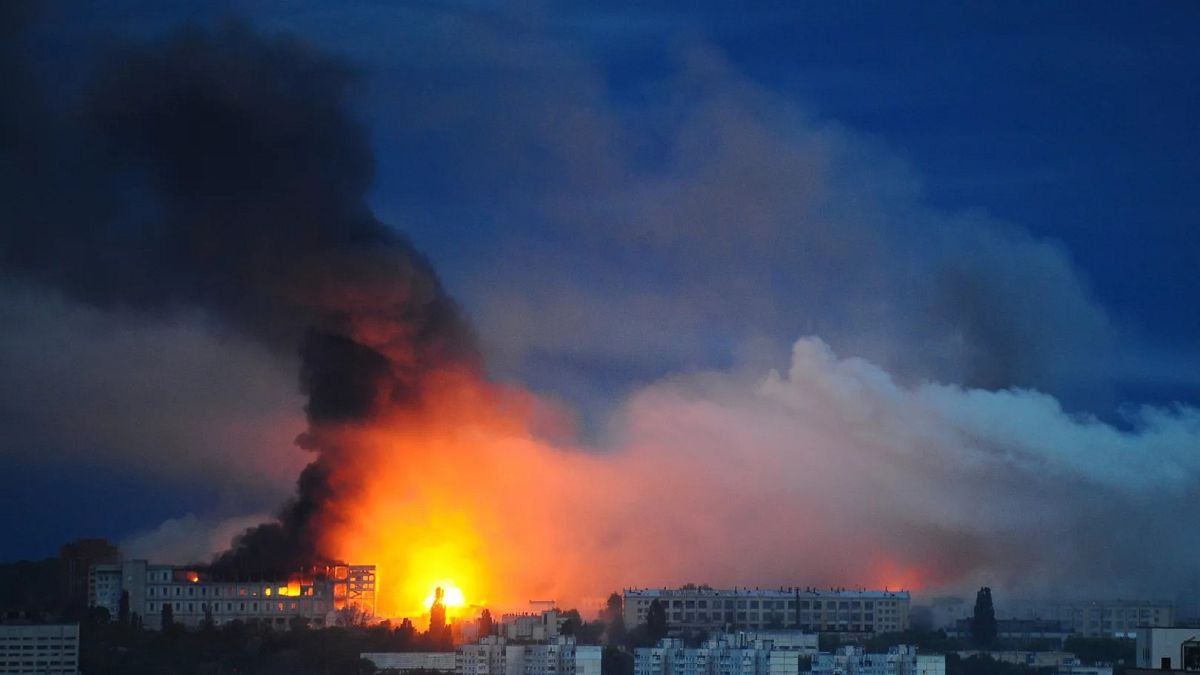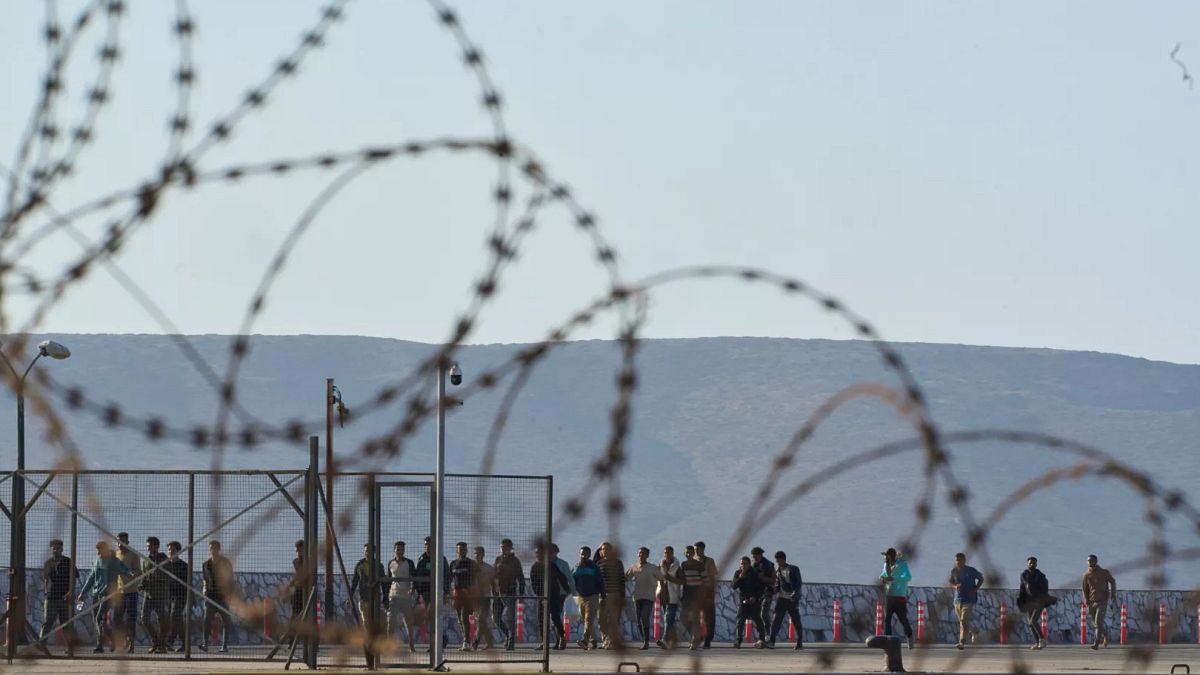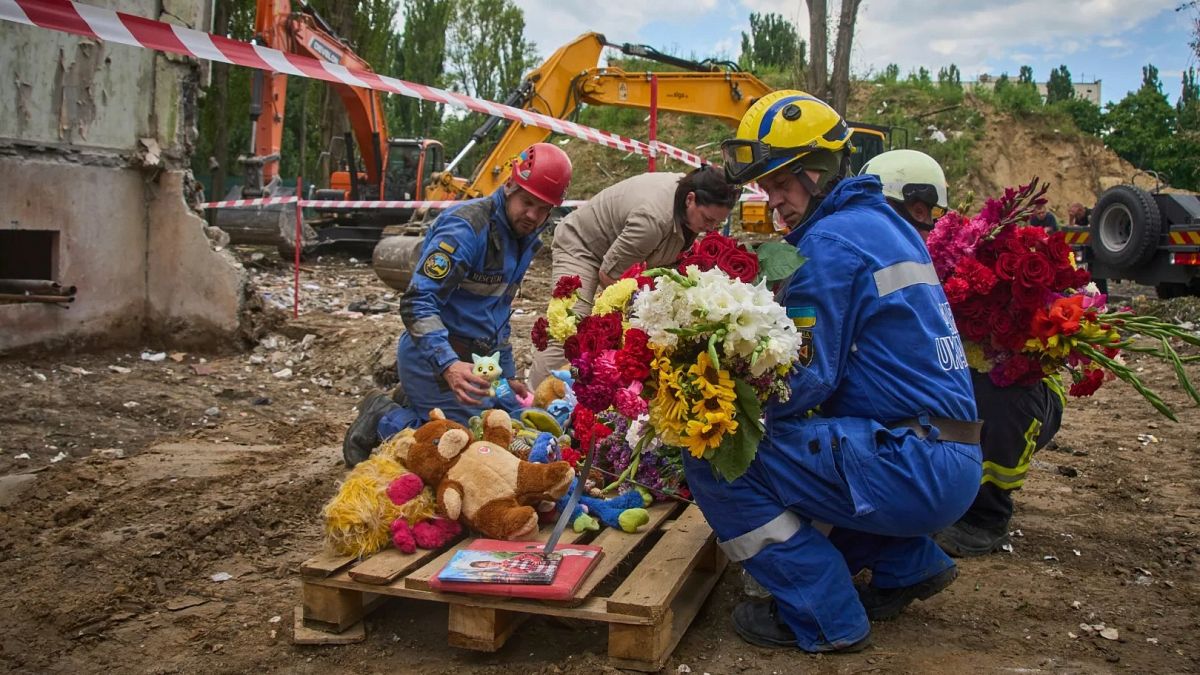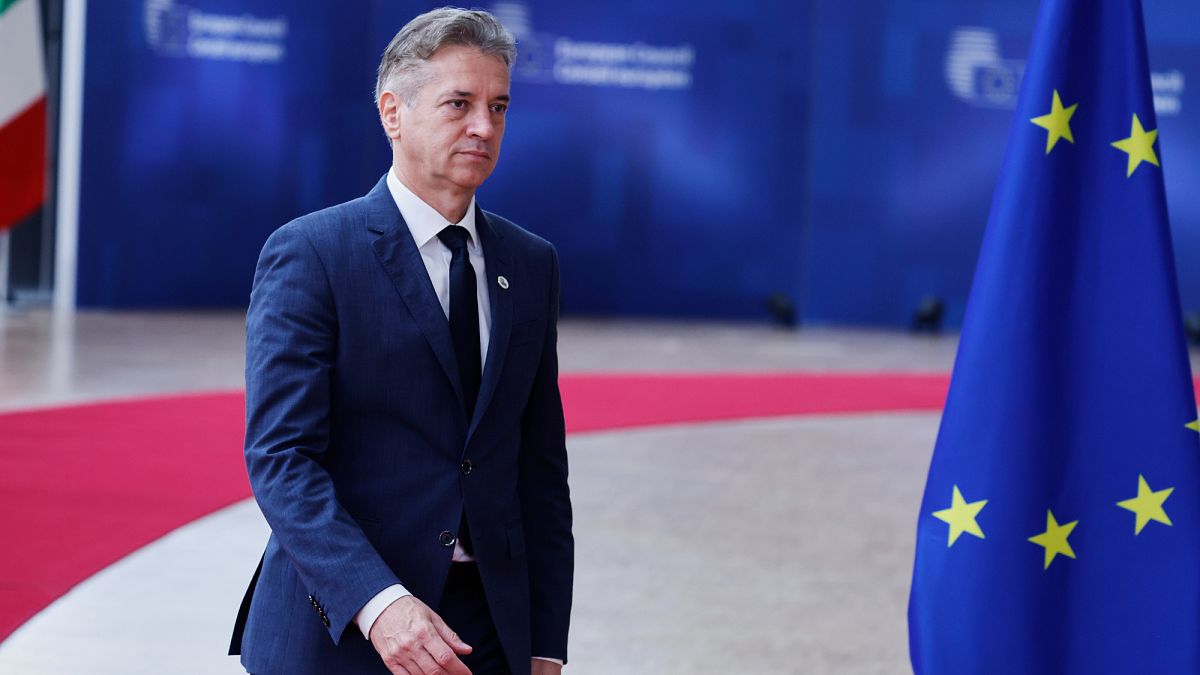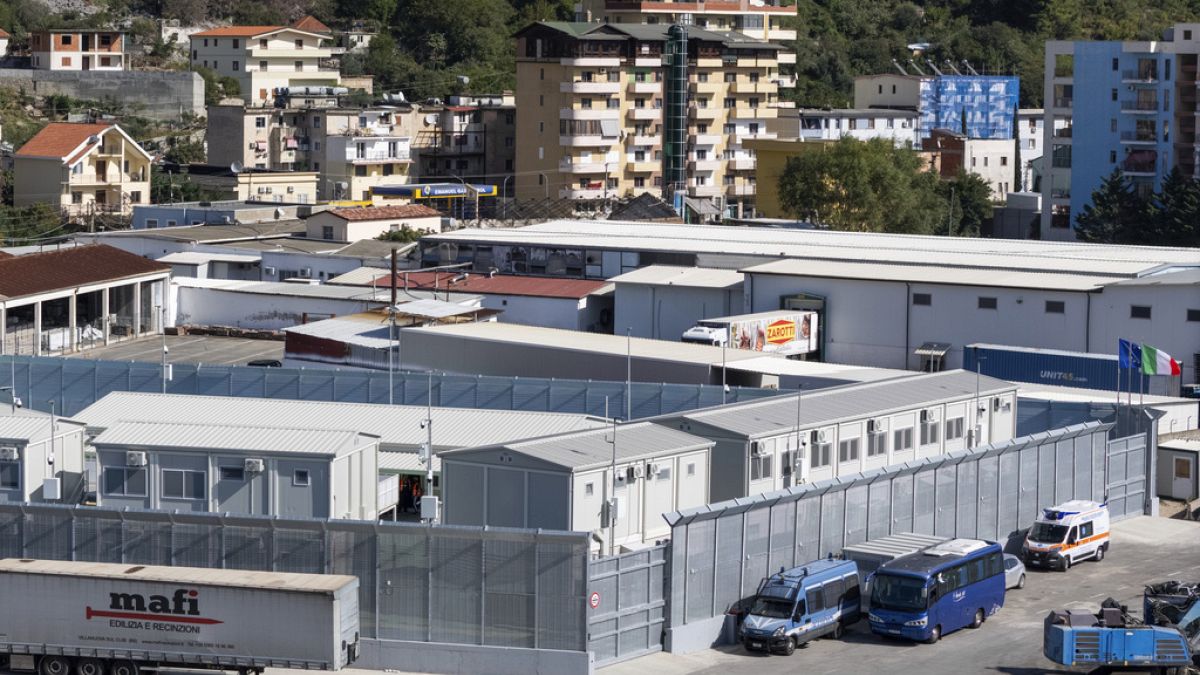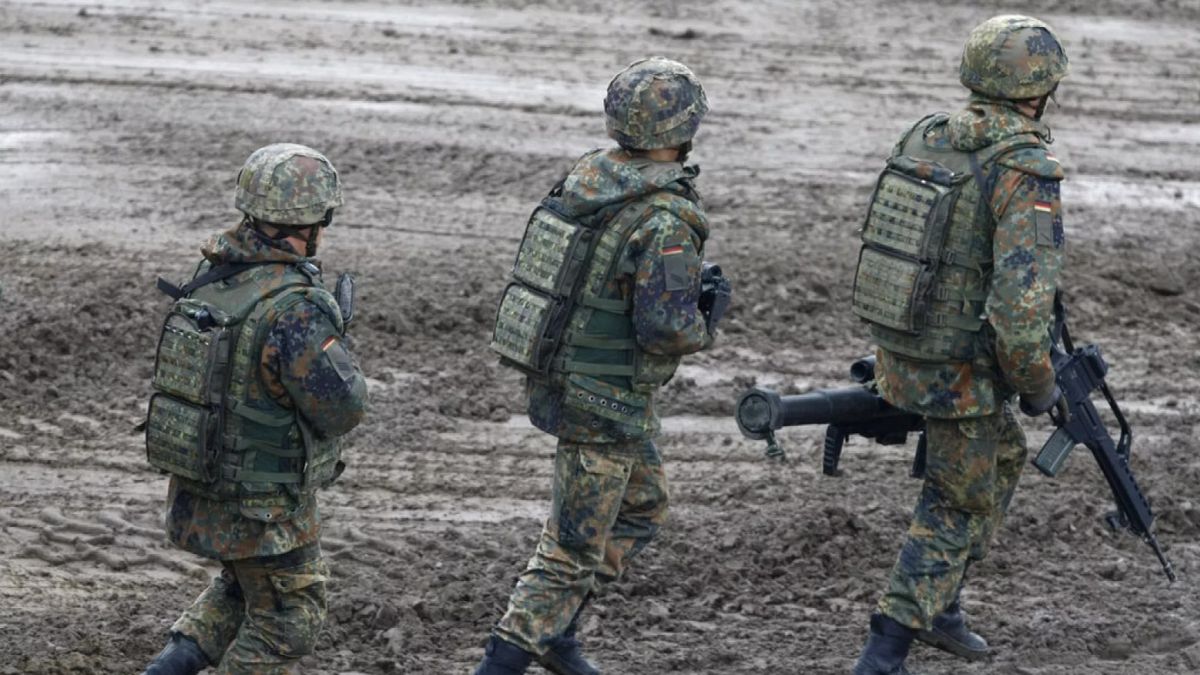Published on •Updated
The European Parliament’s Committee on Foreign Affairs on Wednesday delayed voting on a report evaluating North Macedonia’s progress towards accession to the EU.
The report was set to be voted on alongside files for other countries vying for EU membership. While the reports for Bosnia and Herzegovina, Albania, and Georgia were adopted, North Macedonia’s was blocked due to a last-minute disagreement among political groups.
The MEP responsible for writing the report, Austrian Thomas Waitz from the Greens/EFA group, announced the decision to delay the vote following a request from the European People’s Party (EPP), the largest group in the Parliament.
The EPP withdrew its support the day before the scheduled vote, after initially agreeing to its content, sources from the Parliament told Euronews. This left the report without the required majority for approval and left Waitz with no option but to request a postponement.
The EPP’s change of mind was pushed by its Bulgarian members, who managed to rally the entire group. “The report mentions the ‘recognition of Macedonian identity and language’, which could lead to misunderstanding and wrong interpretation. We want more clarity on this point,” EPP MEP Andrey Kovatchev told Euronews.
Kovatchev’s party, Citizens for European Development of Bulgaria, is at odds with recent remarks made by North Macedonia’s Prime Minister Hristijan Mickoski about the report. “
He stated that this report refers to ‘centuries-old Macedonian identity and the unique Macedonian language’, which we dispute. Although this is not written in the report, we need more clarity on this point.”
The identity dispute between North Macedonia and Bulgaria has long been an obstacle on Skopje’s path to joining the EU. Essentially, the Bulgarian government believes that North Macedonia’s language shares common roots with Bulgarian, a claim North Macedonians reject.
In 2022, the EU included Bulgaria’s demands in the conclusions related to North Macedonia’s accession, to overcome Sofia’s veto on the talks.
To move forward with negotiations, North Macedonia was required to amend its constitution to include the Bulgarian minority—something that has yet to be finalised.
While North Macedonia now has “an excellent and ambitious reform agenda” and “demonstrates commitment to EU integration and alignment with EU policies”, according to the draft report, identity and language remain contentious issues in bilateral relations with Bulgaria.
“Some Bulgarian MEPs have taken this accession progress report hostage for their domestic nationalistic agenda,” Waitz said in a statement to Euronews.
Accusations of intimidation
Waitz also denounced intimidation and threatening messages in the days leading up to the planned vote, which he considers part of “a smear campaign designed to slow down North Macedonia’s EU accession process.”
“The relentless attacks against me by parts of the Bulgarian far-right are completely unacceptable,” he told Euronews.
Waitz’s office provided Euronews with evidence that his phone number was leaked on social networks, along with several aggressive messages he received about the report. These messages accuse him of being influenced or corrupted by North Macedonia’s government in drafting the report.
“I worked tirelessly for a well-balanced and impartial report on the democratic progress of this country. All political groups in the European Parliament were actively involved in the negotiations,” he said, denying the accusations.
The vote on the report is now expected to be rescheduled for 24 June.




